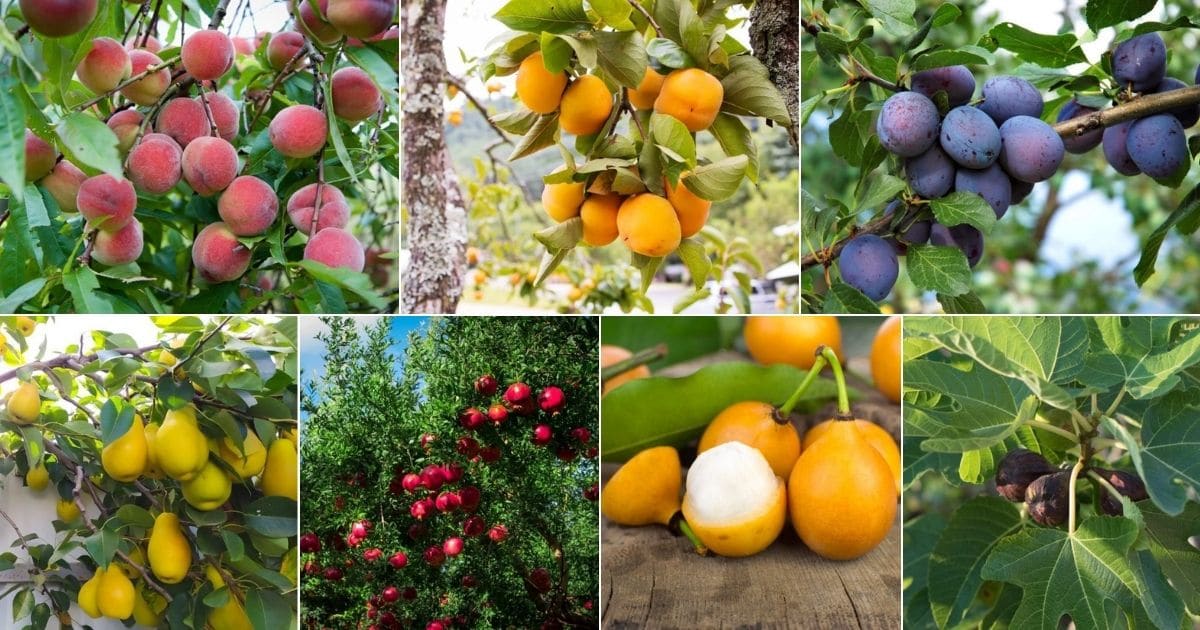Ship to: 43215 Update
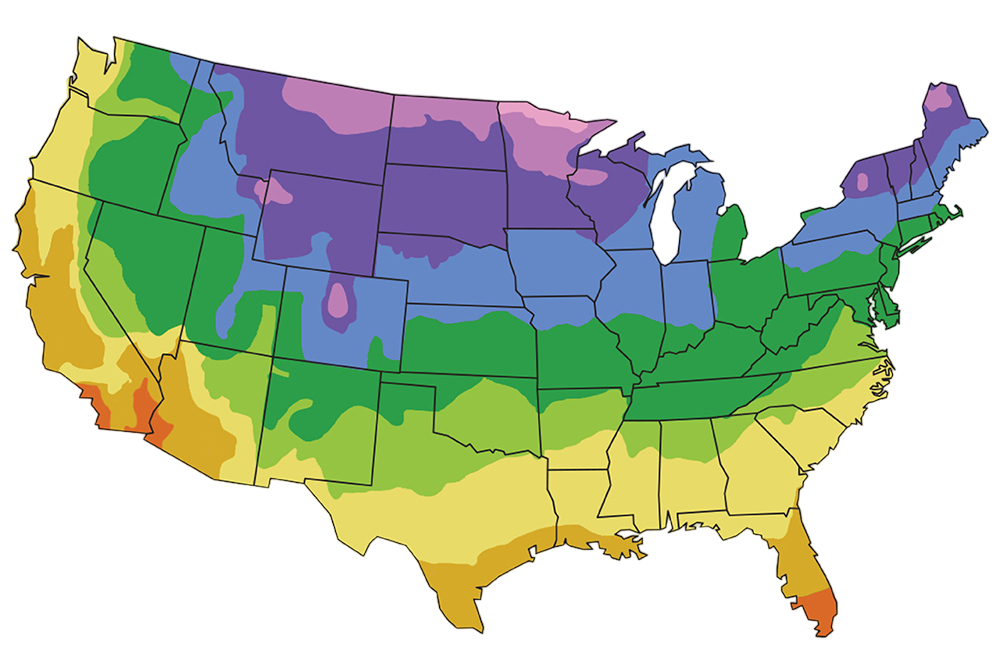
Plants Filter
Current Filters
Mature Height
Sunlight
Plant Type
Others
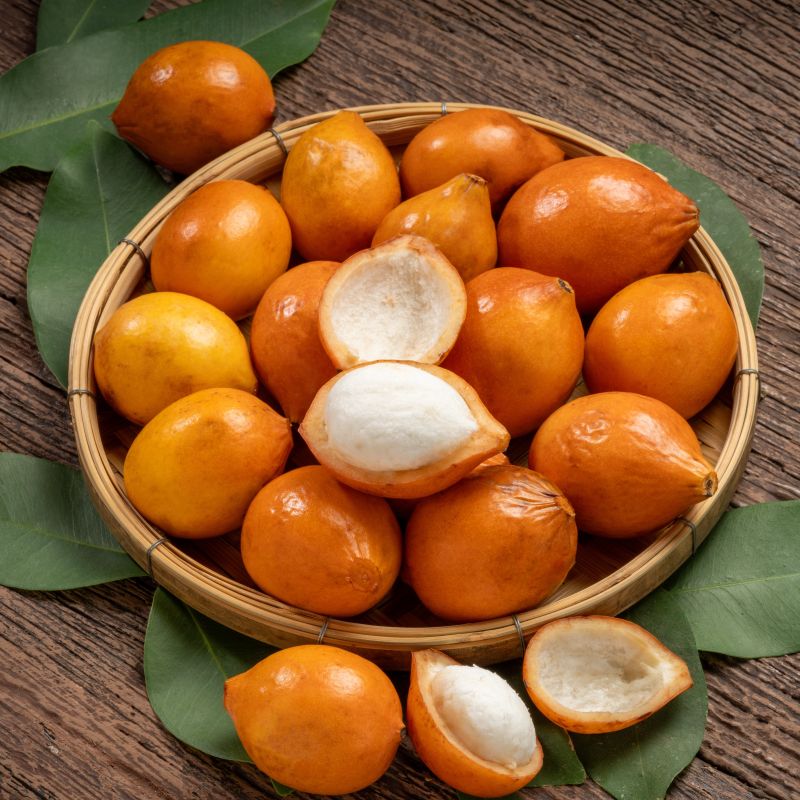
Achacha Tree
Starting at $101
30% Off
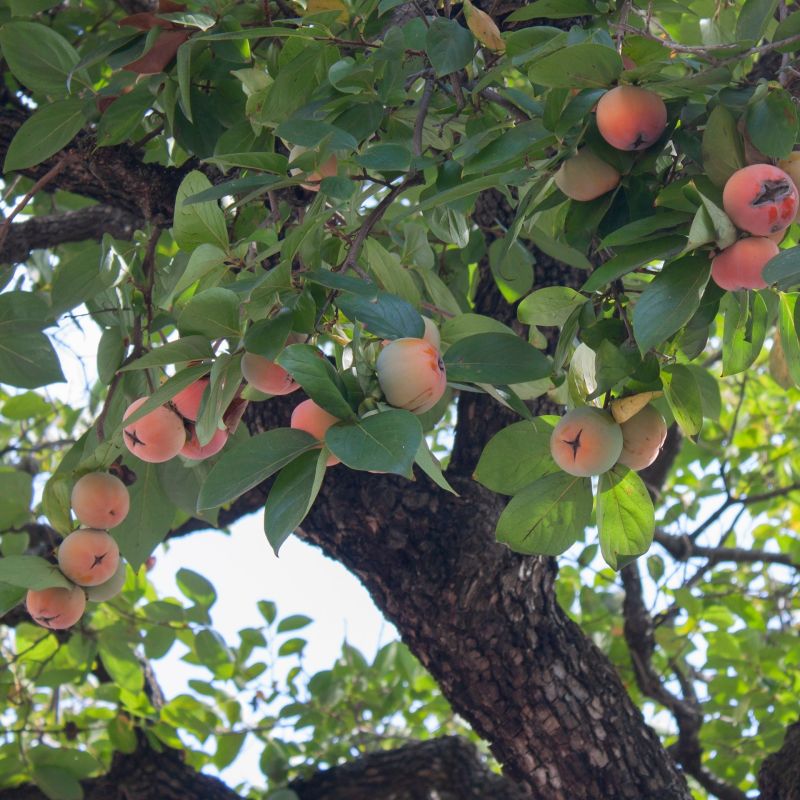
American Persimmon
Starting at $68
30% Off

Banana Dwarf Cavendish
Starting at $73
30% Off
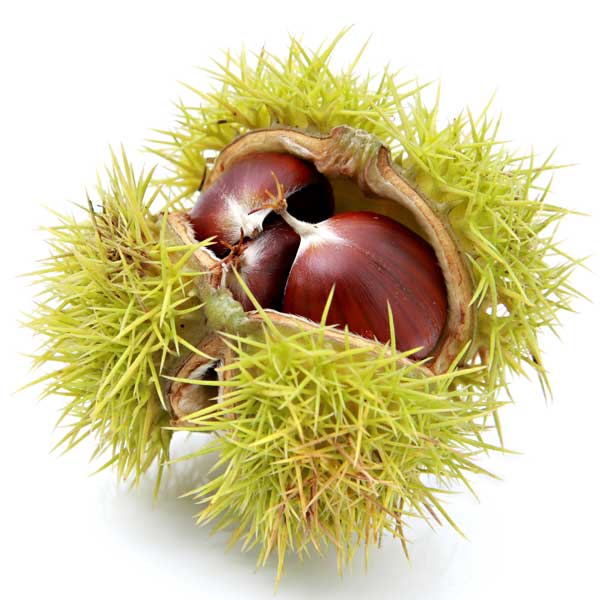
Colossal Chestnut Tree
Starting at $126
30% Off
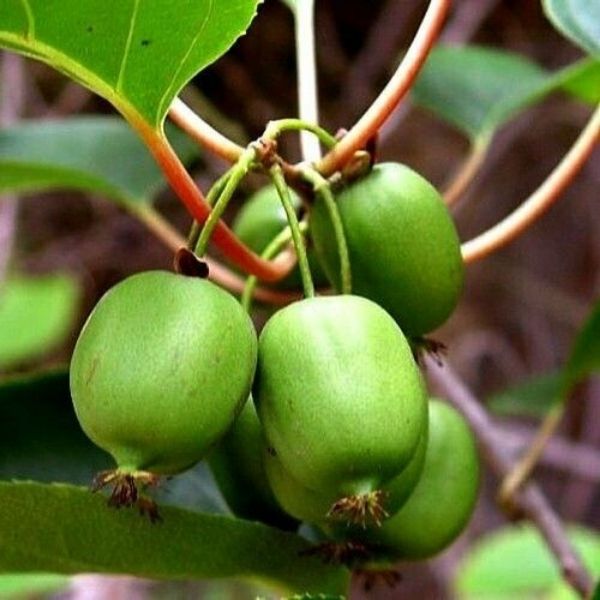
issai Hardy Kiwi
Starting at $90
30% Off
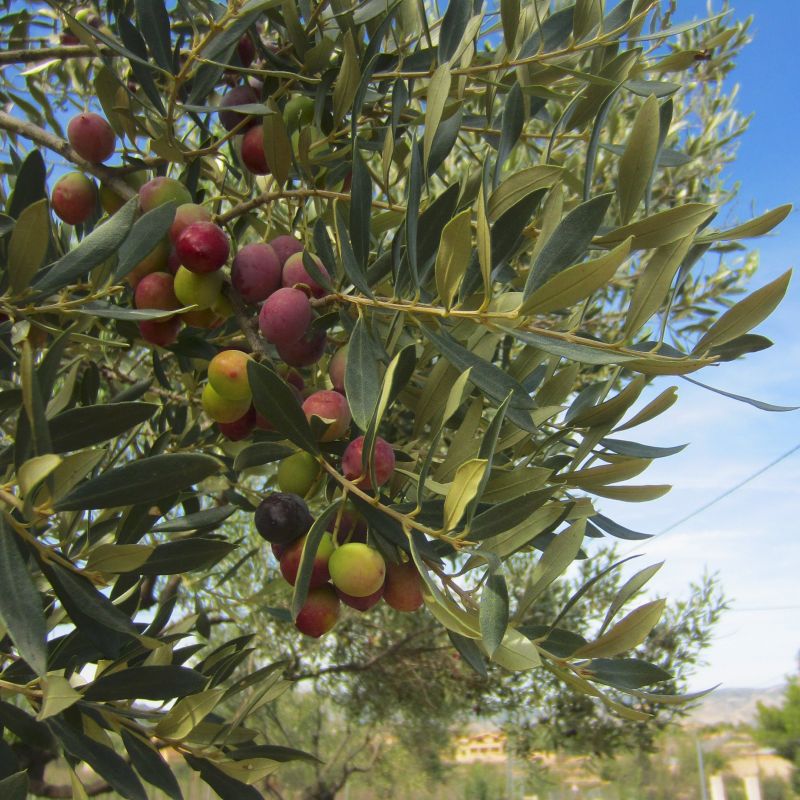
Olive Tree
Starting at $116
30% Off

Passiflora 'Poppin' Passion Vine
Starting at $60
30% Off

Pendolino Olive Tree
Starting at $54
30% Off
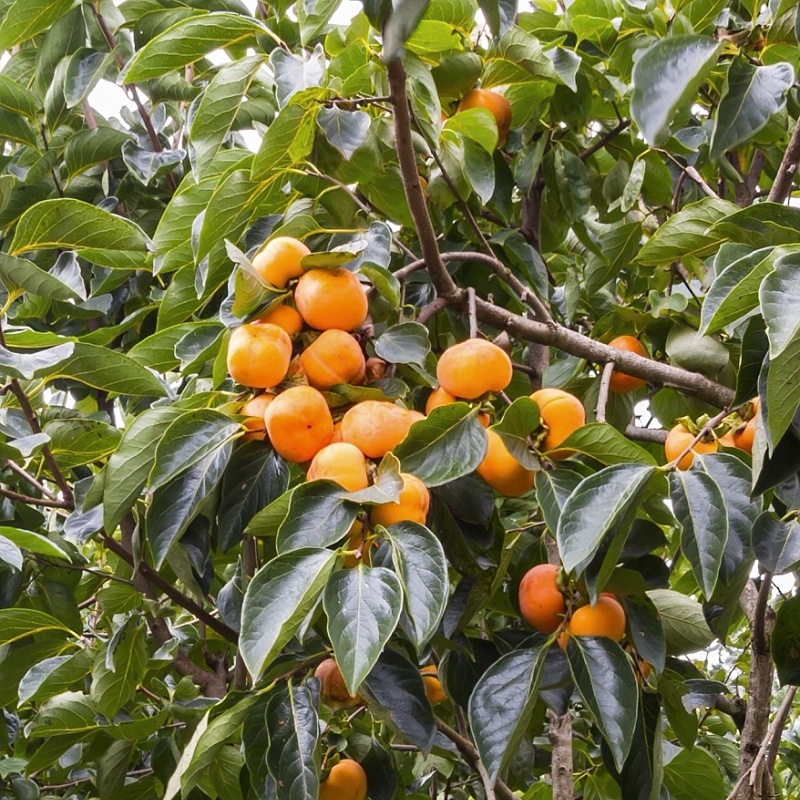
Native Persimmon Tree
Out of Stock
30% Off
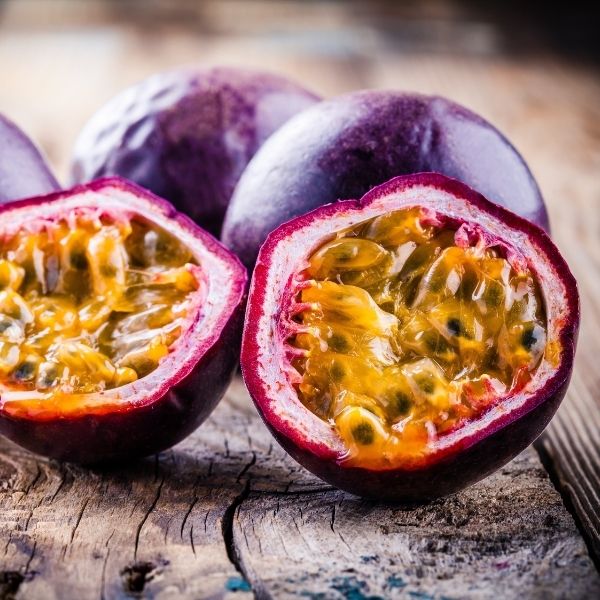
Possum Purple Passion Fruit
Out of Stock
30% Off

Truly Tiny Banana
Out of Stock
30% Off
Fruit Trees
Fruit trees are woody plants that are specifically cultivated for their edible fruits. These trees not only serve as beautiful additions to gardens and landscapes but also provide a bountiful harvest of delicious and nutritious fruits.
Types of Fruit Trees
There are numerous varieties of fruit trees available, each with its own distinct fruit, appearance, and growth habits. Some common types of fruit trees include:
- Apple Trees: Known for their crisp and flavorful fruits, apple trees come in a variety of cultivars, each with unique taste profiles.
- Orange Trees: These evergreen trees bear sweet and juicy oranges that are rich in Vitamin C.
- Pear Trees: Pear trees produce delectable, bell-shaped fruits that are known for their sweet and juicy flesh.
- Peach Trees: With their fuzzy skin and sweet flesh, peach trees offer a delicious tropical treat.
- Cherry Trees: These trees produce vibrant, round fruits that range in flavor from tart to sweet.
- Plum Trees: Plum trees bear juicy, oval-shaped fruits that come in various colors, including red, purple, and yellow.
- Apricot Trees: Apricot trees produce small, golden fruits that are sweet and tangy in taste.
- Mango Trees: Native to tropical regions, mango trees offer large, juicy fruits with a distinct tropical flavor.
Growing and Care
Proper care and maintenance are essential to ensure the healthy growth and productivity of fruit trees. Here are some key factors to consider:
- Sunlight: Fruit trees typically require full sun exposure to thrive and produce abundant fruits.
- Soil and Watering: Well-draining soil and regular watering are crucial for ensuring proper nutrient absorption and hydration.
- Pruning: Pruning fruit trees helps maintain their shape, encourages new growth, and improves fruit production.
- Pest and Disease Control: Regular inspection, preventive measures, and timely treatment are essential to protect fruit trees from pests and diseases.
- Fertilization: Fruit trees benefit from periodic fertilization to replenish nutrients essential for healthy growth and fruit development.
- Harvesting: Knowing the right time to harvest fruits ensures optimal flavor and quality.
Uses for Fruit Trees
Fruit trees serve various purposes, including:
- Home Orchards: Growing fruit trees in home gardens provides a convenient source of fresh, organic fruits.
- Landscape and Ornamental: Fruit trees can enhance the aesthetic appeal of landscapes with their beautiful blossoms and foliage.
- Shade and Privacy: Some fruit trees can also provide shade and privacy when strategically planted.
- Commercial Production: Fruit trees play a vital role in commercial agriculture, providing fruits for consumption and processing.
Whether you're a gardening enthusiast, a nature lover, or just someone who enjoys the taste of fresh, homegrown fruits, fruit trees are an excellent addition to any outdoor space.
Item has been added to your cart.


